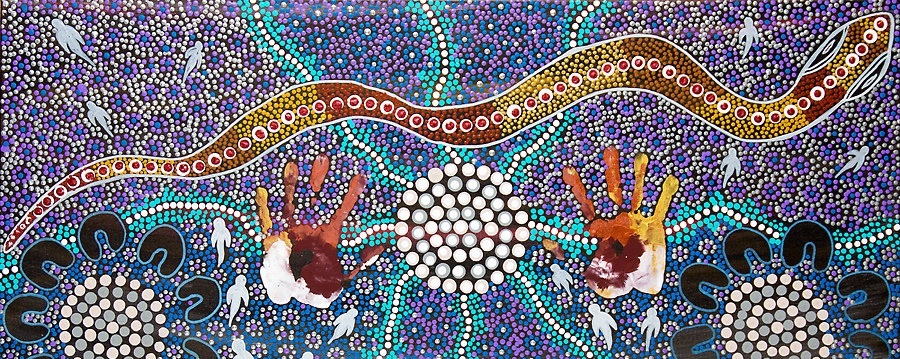On his blog literary agent Nathan Bransford started a lively discussion called You Tell Me: Literary Acclaim or Big Money?
The comments appeared to fall into three main categories. The majority of writers wanted (1)money or (2) acclaim and, to a lesser extent, (3) both money and acclaim.
What I found interesting about this discussion was how polarised many of the comments were, and how that polarisation expressed itself. Some writers favouring “big money” referred to wanting literary acclaim as some variation of the term “elitist snob”, while still others – when admitting to wanting the money – called themselves “hacks”.
This either/or attitude surprised me. As a writer, I fall into the category of wanting both. Why can’t we have acclaim and big money?
As Margaret Atwood says, the view that art without a purpose cannot be called art is an outdated intellectual mythology.[*] There is nothing wrong, she states, with writing books for entertaining a mass audience and making money at the same time rather than writing a Great Novel. However, Atwood continues, the inherent value of any novel, whether commercial or literary, lies in the realm of the author’s unique artistic “gift”.[**]
Atwood has made a brilliant point, which is relevant to Nathan’s original discussion. Do we as writers really have a choice about whether our work is commercial hackery or literary genius? And why should either one be seen as somehow “better” or “worse” than the other?
Let me answer the latter question first. Whether one is a writer with a great gift for commercial writing or a writer whose talent lies in classic prose that wins prestigious prizes, both branches of writing still require a special combination of personality traits: a love of words, discipline, courage, perseverance and all the other necessary "gifts" required by an author.
Why do we as writers feel obliged to revile that which we are not or defend that which we are? Call me naïve or idealistic, but why can’t both commercial and literary writers be universally honoured for their artistic commonalities rather than their artistic differences?
Successful commercial writing is HARD: I know. I have more unpublished romances in my bottom drawer than I can count. But literary writing is equally difficult: I know. I spent two years doing a Masters degree that comprised a literary novel and a theoretical interpretation of it.
My experience of both writing as a commercial writer and writing as a literary writer taught me two important lessons.
The first was that fiction writing – any kind of fiction writing – is a challenge. The specifics of the challenge may differ, but the road to being an author is long and difficult irrespective of whether one is a “literary hack” or an “elitist snob.”
The second lesson answers the first question I asked earlier: do we as writers really have a choice about whether our work is commercial hackery or literary genius? I’ve learnt that one does not get to choose which category ones writing voice falls into. A writer’s voice just is.
For more years than I can remember, I read romances and wanted to be a romance writer. It took me eight years and seven rejections (two of my romances went all the way to full revisions and rewrites with an editor at a large romance publisher) to realise that I do not have the voice for romance. It took me two years at my Masters degree to accept that I do not have a literary voice. I just have MY writing voice and it's different to everyone else's writing voice.
The legendary Nelson Mandela and F W de Klerk were on opposing sides of South African politics. Through mutual respect of each other’s gifts and acceptance of each other’s differences, they turned South Africa into a rainbow nation, where different colours and cultures are - on the whole - no longer polarised. The marvellous Barack Obama, with his rainbow life and high ideals, has shown how important bridging superficial differences is in reaching for a dream.
Following these great examples, I would like to see writers – whether writing for the money or the fame – leap across the polarising divides that categorise writing as either commercial or literary, (or traditional or self-published.) Every writer – literary hack or elitist snob, traditionally or self-published, published or unpublished – deserves his or her fellow authors’ respect and kindness.
For at heart, we walk the same path of hope. At heart, there is no difference between us. We are all reaching for the same dream; the dream of sharing our unique vision with the world through the stories we tell. We are neither hacks nor snobs. We are simply writers.
[* ] Atwood, Margaret. 2003. Negotiating with the Dead: A Writer on Writing. Virago Press. United Kingdom. Pp. 59-60.
[**] Ibid, Pp. 60-61.

No comments:
Post a Comment